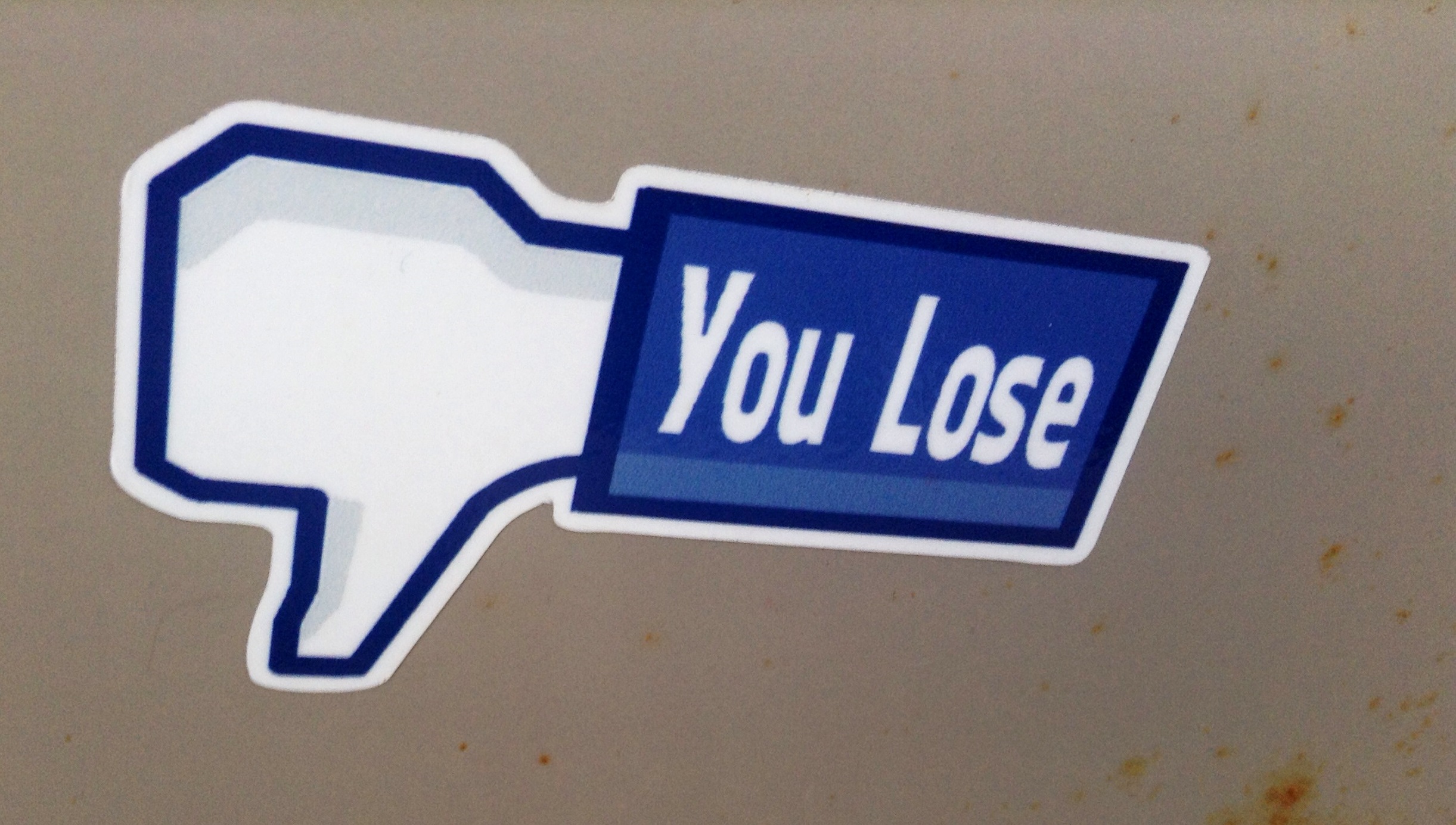
Facebook recently celebrated a decade of having moved to Silicon Valley. In the past few weeks the media has published story after story about Facebook, soon to be overtaken by recently launched network site Ello.co which currently uses no advertisement. Ello may seem like an escape from the privacy and advertisement issues of Facebook and grandparent selfies presented in an ever more boring blue layout to a more exclusive club of really interesting and enlightened people, but here are seven reasons why you should resist the Ello temptation nevertheless:
1. There is nothing cool about Ello.
Requiring an invite to sign up makes the site seem more exclusive, yet Ello is a beta product and so far has no fundamentally new features. Also Facebook was initially not open to the general public. The main advantage for young people may be that their parents aren’t on Ello yet, which is bound to change if everybody moves there.
2. All companies need to make money.
Facebook and Ello are commercial companies with investors with a declared interest in making money. Ello has so far accepted $435,000 in venture capital. Currently they claim they will not place advertisements, yet somehow they will need to make money out of their users. They may even think they will be nicer to their users than Facebook right now, but eventually economic realities will kick in.
3. Facebook will fall.
Ello may not have anything of substance that Facebook doesn’t have, but nevertheless Facebook will eventually be replaced by a different network. Every social media site so far has had a period of growth and a period of decline following predictable patterns. Facebook has survived longer than several of its predecessors and a successful Ello may not dominate as long. Nevertheless, if all of Facebook switches to Ello, it will take several years until users are willing to switch again. If this happens we may be stuck with Ello as one of the principal avenues for human communication for a decade or longer.
4. Social movements need free social networks.
In 2010 at Goldsmiths we protested against the tripling of tuition fees, using Facebook as principal avenue to organize demonstrations, sit-ins and direct actions. Initially this worked great. Also parts of the ‘Arab spring’ apparently were organized via Facebook and Twitter. One of the main differences was that those protesters had social network companies on their side, while David Cameron and Mark Zuckerberg spent 2010 partnering to find places to cut government spending.
Coincidentally, most of the Facebook groups we had used to organize with suddenly disappeared.
Additionally GCHQ had access to messages we sent in private and groups marked as closed during that entire time. All major social networks, including Ello and Facebook are either based in the US or one of its allies. If the organization of protests via these channels is to be possible in western countries, there needs to be a social network out of the reach of our governments.
5. Keeping the site’s source code means controlling what users see.
On Ello, just like on Facebook, you see a stream of the activities, comments and shared links of your connected friends. But you don’t see everything they produce – the site decides what to show you. What are the criteria for choosing content? If the source code of the site is closed we don’t know what the process is. Facebook has admitted doing psychological experiments through their selection, but we cannot know whether the selection also is based on political principles. The source codes of both Ello and Facebook are closed and secret. No company should have this kind of control of everyone’s communications.
6. Data-heavy multi-nationals are susceptible to government pressure.
But Ello is not Facebook and they really care about their users’ privacy, right? The people behind Ello claim that one of the few circumstances under which they will share your personal data will be when they “believe that [they] need to do so by law”. In reality this means Ello will hand over your data once a government asks for it.
Historically, large tech companies with offices in several countries have been shown to end up handing over data to governments. At times they may resist doing so initially, but due to the risk of having local offices closed and employees arrested they give in eventually. This is the case in all major countries.
7. Open and decentralized alternatives exist already.
Alternative social networks that don’t rely on a single company maintaining a website exist already and have been developed for years, including Diaspora, Friendica and Gnu Social. They have features similar to Facebook or Twitter, they’re much more developed than Ello, they work in a decentralized manner and users connected to different servers can communicate with one-another. Being decentralized is advantageous because it takes away the issue of one company being able to either sell information to advertisers or hand out all information to certain governments. Right now the networks are rather empty, but once Facebook usage goes down they are poised to take over – unless a site like Ello replaces Facebook on the back of a gigantic media hype like the one we’re currently witnessing.